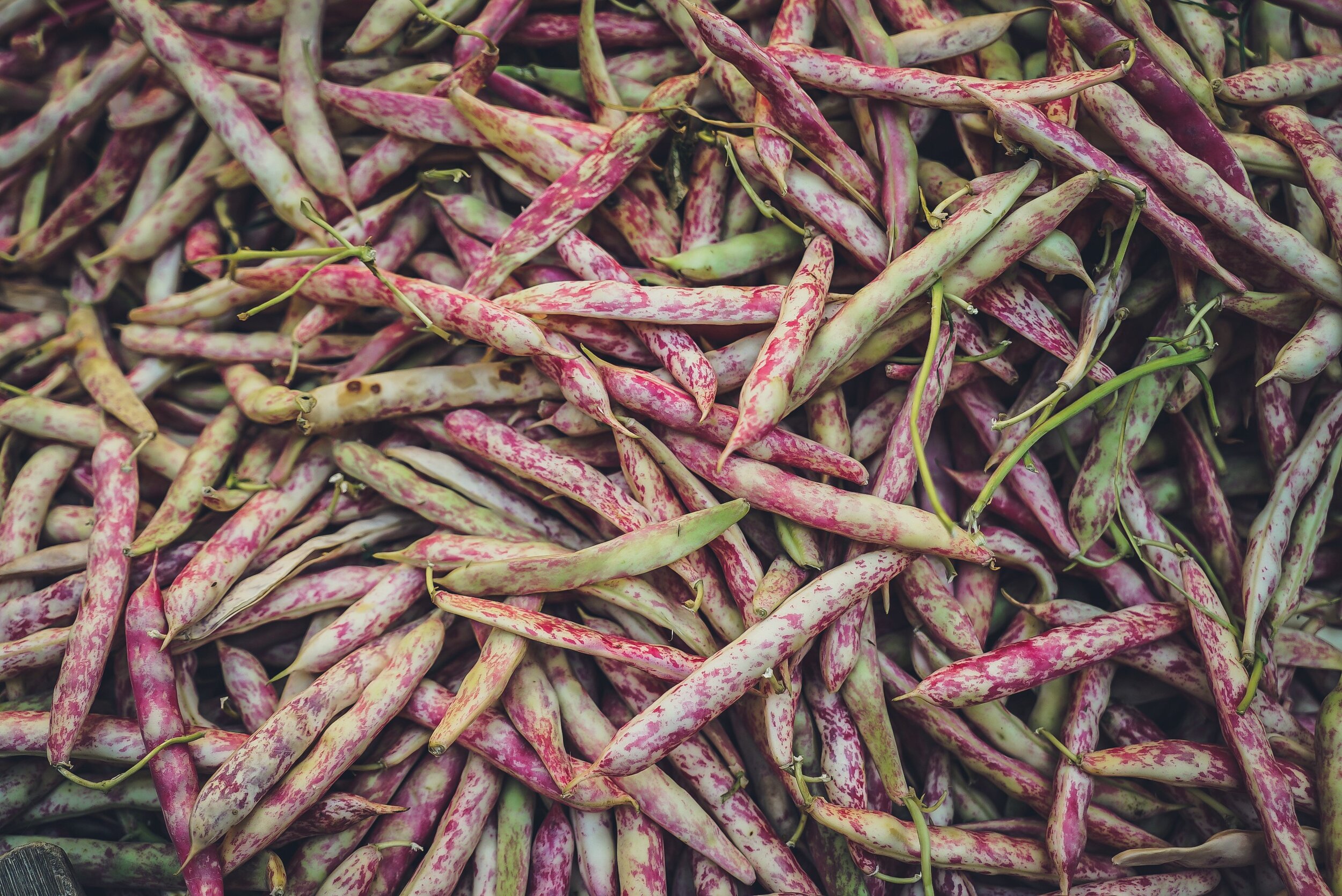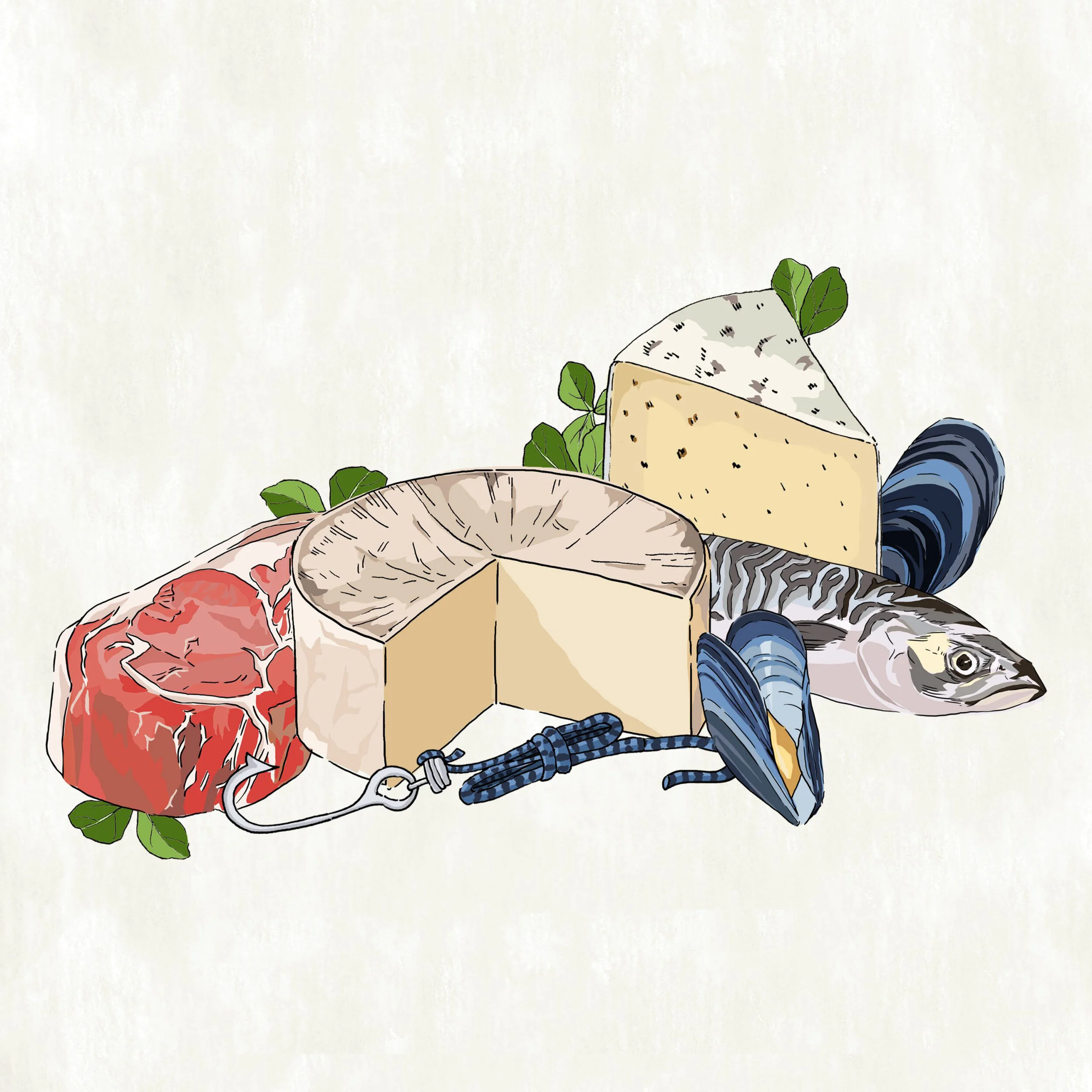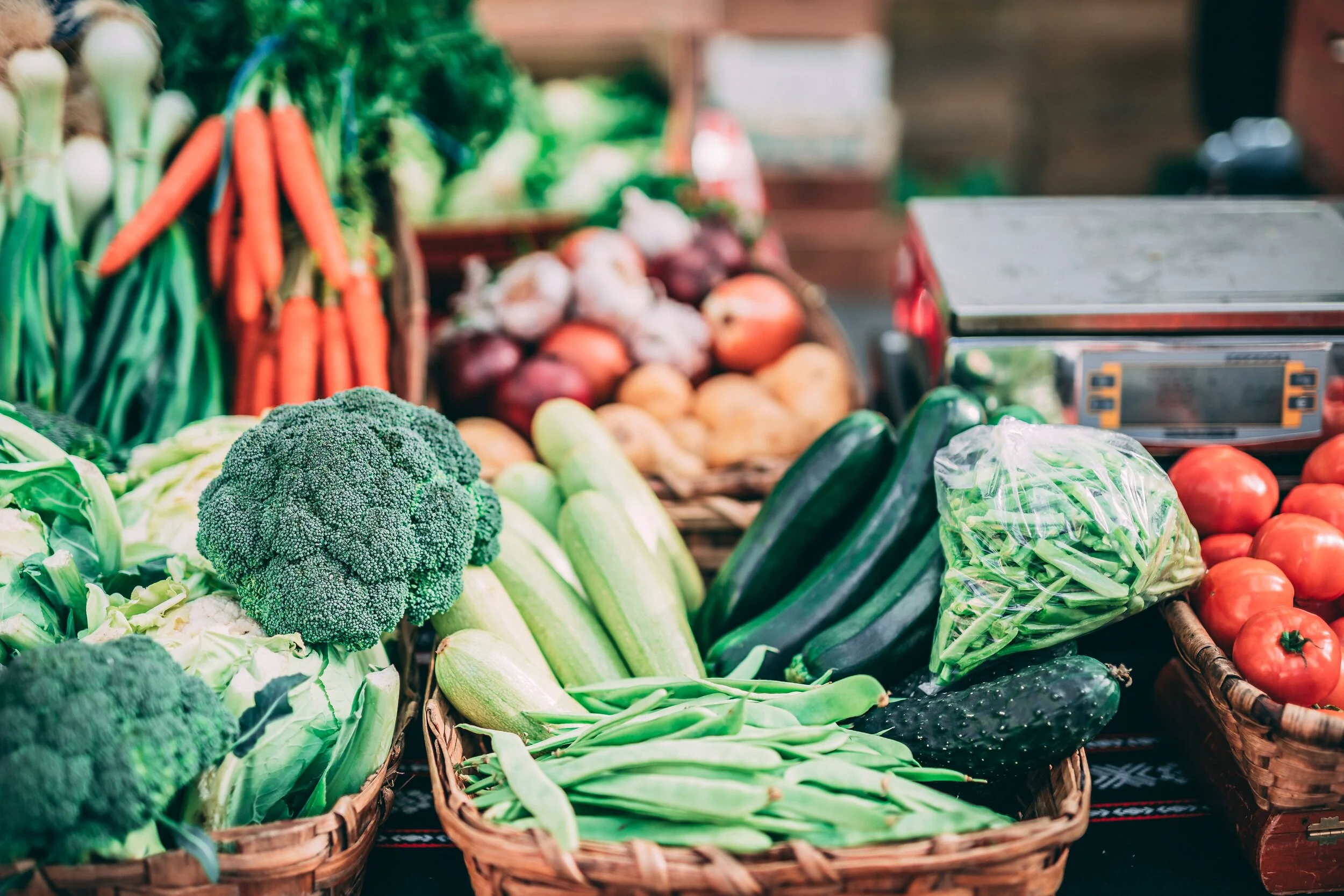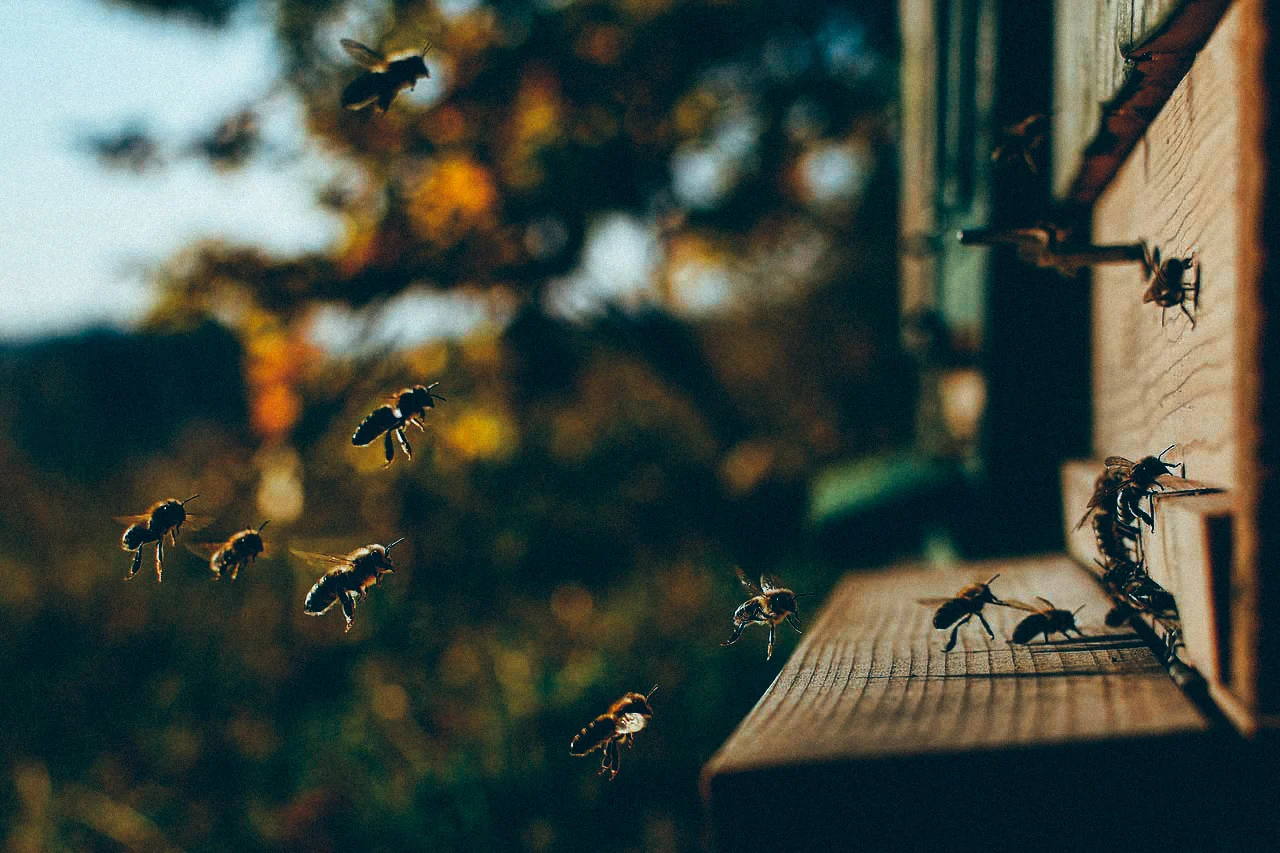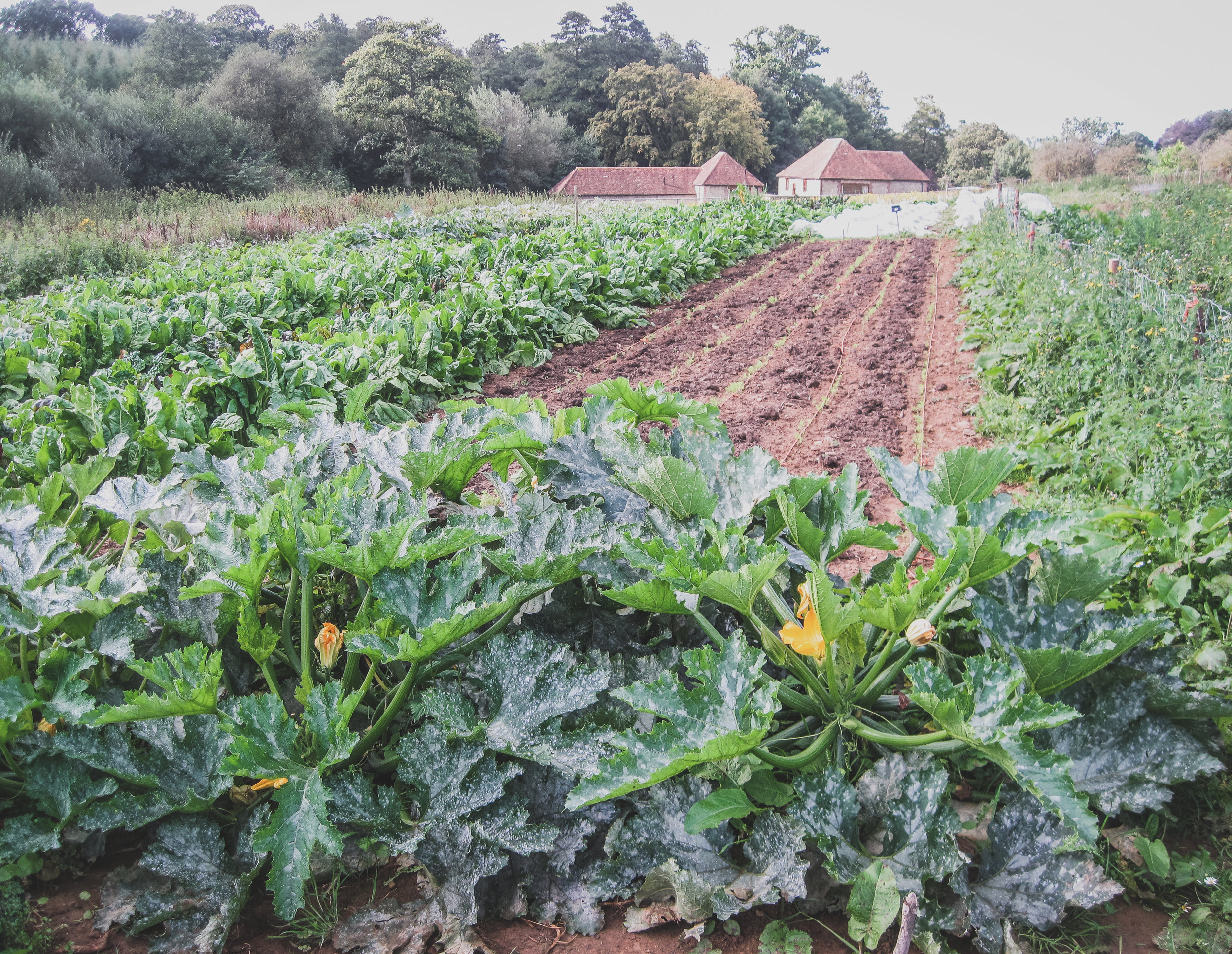Written by Vicki Hird, from Sustain, this is the third blog of the Farming the Future series. Their project; Making Voices Heard is a collaboration between Sustain, The Landworkers Alliance, Pesticide Action Network UK, Sustainable Soils Alliance, and Farming Working Party of the Sustain Alliance.
Each month, the A Team Foundation will be showcasing a grantee from the fund and how the support is helping to achieve their goals and ambitions.
We’ve had a wild two years and it is not calming down. That’s a strange sentence to write as policy work should be calm and logical and evidence-based and so on. But if you combine the challenges of working under an endless Brexit political storm, with reshuffles, a new set of laws and evolving policies, alongside the urgent challenges of a climate and nature emergency and a food system that remains largely wedded to the cheap and nasty – you get wild.
Our project funded by the Farming the Future programme was called Making Voices Heard and was aimed at ‘Ensuring that ‘Farming the Future’ concerns are embedded in imminent policy, legislation and future farm funding’. It started in the midst of the chaos last year and was an essential resource so we could support those championing better farm policies. We did help make voices heard in the corridors of power and continue to do so. A few thoughts on what’s been achieved so far:
Setting farm policy in the right direction
The Agriculture Bill - the legislation on farm payments and standards to replace the European Common Agriculture Policy - will be the first UK Agriculture Act since 1947. As such it is central to our story.
When the first iteration of this Bill was published in late 2018 after months of feverish consultation, it was hailed as potential game changer; laying out a new financial support system based on the public paying for specific public goods, like nature and access, plus support for productivity, marketing and even a nod to making supply chains fairer. There were many serious concerns about how the Bill will deliver - particularly as it’s largely powers without accountability, and the lack of a decent budget.
But it was innovative and held potential in delivering land based carbon savings and other key environment targets. We worked with partners including Landworkers Alliance, Soil Association, CPRE and many others to lobby for changes needed including getting agro-ecology recognised as a key target for support, as well as on public health, soil, ensuring supply chain fairness, worker conditions, strong budgets and many other amendments. We were part of a huge and unprecedented alliance of stakeholders demanding new legal protection from unsustainably produced agri-food imports. It was a fevered time of lobbying where I wished I had a flat next door to Westminster. I lost track of how many oral evidence MPs sessions I’d done and became a serious Ag Bill geek.
But then it all faded as the Bill stalled and finally fell for a second time at the December Election. The loss of momentum was damaging and also scary for anyone working on the land.
Like a phoenix, a new Bill has been presented and we start again. But this time we were thrilled to see several of our’s and other’s amendments inserted – such as:
• inclusion of financial support for soil health, and a mention for agro-ecology, Yay!
• significant changes to the Fair Dealing clause to ensure all the supply chain can be covered under the new statutory codes and a few other useful clarifications. A real win.
• new requirement on the Secretary of State to deliver multi-annual funding plans and report on progress.
• a new requirement to undertake a regular Food security review (though this needs work).
We remain, with all other stakeholders, very concerned at the lack of legal tools to stop the threat of new trade deals undermining our standards and ability to enhance farming and food standards. And it is concerning how much of the Bill still gives the Secretary of State powers not duties so they could, in theory do little. We have given yet more MP evidence sessions and briefings and we are asking them again to table amendments as the Bills moves (faster) through parliament.
Meanwhile, a new farm support scheme is being created
The Environmental Land Management System (ELMS) is the UK’s replacement for the EU farm payment system. It has had 3 years in gestation and is still far from finalised. I have been on stakeholder groups and helped others to inform the design of this vital new scheme – day long ‘deep dives’ into payments methodologies for instance; what should be paid for and how the guidance will work. ELMS has had a hard gestation but given the complexities of creating a whole new scheme to replace the CAP, plus 3 Secretaries of State and numerous Ministerial shifts, it is not surprising.
We are working to ensure whole farm agro-environmental approaches are not disadvantaged in the new scheme. A new ELMS discussion document was finally, after much delay, launched in February and outlines (some of the detail) of the proposed Scheme for England. The paper is also a discussion document aimed at getting the farm and wider stakeholder community to respond to the current design. There are also several years of tests and trials of the design ideas. We are pleased to work with Landworkers Alliance on a successful bid to undertake one on horticulture farms, agro-ecological issues, and community engagement.
At the same time, Defra published a wider farm policy paper which touched on wider policy objectives and proposals including an animal health and welfare pathway, support for productivity, and the new National food Strategy.
National Food Strategy work
This cross-departmental initiative (commissioned by Michael Gove when at Defra) will be covering the ‘entire food chain from farm to fork’. So we are lobbying hard on agro-ecology and new routes to market alongside other key areas. Henry Dimbleby, heading this up, has managed to keep the NFS alive through all of the political upheavals and has secured cross-party and cross-sector support. After public engagement this year, the review will publish a final report in winter 2020 with recommendations that will shape a National Food Strategy (as a White Paper) which should ‘be delivered within 6 months’.
How well this Strategy will get to grips with (and how much the Government will take forward and resource!) the need for a radical reform in farming plus the supply chains and dietary shifts needed to embrace an agri-ecology, fair approach remains to be seen. We have provided evidence and are working with the NFS staff and supporting members in engaging with this initiative. If the NFS acknowledges the truth in the evidence showing the harm of a business as usual approach – then it should shake the whole system up.
Trade with the EU and the rest of the world is more than chlorine chicken
As previously noted, we’re looking to get amendments into the Agriculture Bill to stop agri-food imports undermining our standards and farmers. Government spokespeople repeat the mantra that food standards will not be undermined but then fail to put in legal constraints and parliamentary oversight to deliver on that assurance. Consumers have repeatedly said they do not want hormone- injected, chlorine-rinsed, antibiotic-intensive food. These processes often mask terrible animal welfare conditions. The UK should be leading the way in high quality, high welfare food, not bending over backwards to please the United States or other countries.
To conclude, if such a thing is possible in these turbulent times, as we have decided to definitely leave the EU and all that entails, some clarity (however unpalatable) is emerging. Some green shoots of hope are sprouting as we work with other stakeholders to help form the new, revolutionary farm schemes and better regulation of supply chains. Yet glowering over our efforts, we have the ever present threat of trade deals designed by the big ag and big food industry and not for our benefit. We also need to make sure land based climate policies do more good than harm!
Pushing a farm and food revolution supported by supply chain and consumer/citizen action that’s good for farmers, workers, the environment, animal welfare and our health, remains, as ever, vital. However wild it gets.
Follow Vicki on twitter (@vickihird and @UKSustain) and sign up for Sustain farm updates here.
Vicki Hird, Sustain
Vicki Hird is an award winning author, expert, strategist and senior manager who has been working on environment, food and farming issues for over 25 years. As part- time Sustainable Farm Campaign Coordinator at Sustain, Vicki manages the farm policy and related campaigning and provides comment and guidance on these issues.
She has launched many major food and environment campaigns, from local to global in scope, has blogged frequently and published numerous reports and articles on the sustainability of food systems and published Perfectly Safe to Eat? (Women’s Press 2000).
She has an academic background in pest management and is a Fellow of the Royal Entomological Society and the RSA. Vicki is on the board of Pesticides Action Network, and the Keo Foundation, was chair of the Eating Better Alliance and has sat on numerous government advisory groups over the years. She also runs an independent consultancy undertaking campaigning and research.



